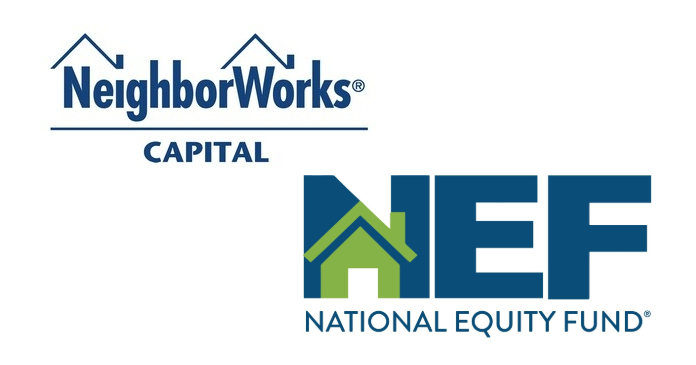In one of the surest signs that the home-rental business is going corporate, Orlando’s biggest new landlord has started bundling rent checks from residents and selling them as securities on Wall Street.
The sale this month by Blackstone Group means that Wall Street investors are banking on residents paying their rents on time. But it also indicates that instead of building a relationship with a local landlord, renters may increasingly encounter corporations that will be less likely to accept a late payment.
Blackstone sold $479 million worth of bonds backed by its home-rental income. In addition to raising funds for Blackstone, the financing tool may bring uniform standards to a business long troubled by absentee landlords and delinquent tenants.
“We feel increased competition among landlords may improve market efficiency and potentially reduce tenant costs as institutions compete with small investors,” said Brian Grow, managing director of residential-mortgage-backed securities for Morningstar Credit Ratings LLC.
Some rental experts are skeptical about whether the home-rental business lends itself to that sort of consolidation, however.
“This is not like McDonald’s, where you buy a cheeseburger for 99 cents and it’s the same in Orlando or Sacramento,” said Scott Hampton, whose Orlando property-management company oversees 750 houses in Metro Orlando.
Blackstone’s bonds were backed by rents from more than 3,200 houses located primarily in Florida, California, Arizona and Georgia, the company said. The group owns about 40,000 homes across the U.S., including 1,255 in the four-county Orlando market, according to a new report by the RealtyTrac research company.
Nationally, Orlando ranked 12th for investor purchases of residential property during the past two-and-a-half years. Equity funds, institutional buyers and other investors bought 16,501 properties, paying cash for almost every deal. Miami was first in the country, with 39,970 investor-driven housing purchases, the RealtyTrac report showed.
Florida as a whole led the nation for investor home purchases from January 2011 through September, with 115,167 sales. With investors selling off only about a quarter of their newly-acquired properties, the majority have become rental properties. Investment groups affiliated with Blackstone has held all but six of the homes they purchased in the Orlando area since January 2011.
“They’re trying to manage huge portfolios of properties in widespread areas, and that’s difficult to do on a large scale. But they are on the waning side of their acquisitions,” said Scott Hampton, owner of Hampton & Hampton Leasing and Management Inc. “They have literally been buying everything they bid on–sight unseen. You can only do that for so long.”
Daren Blomquist, vice president of RealtyTrac, said selling securities backed by rents can be problematic for housing markets. Home prices, Blomquist noted, are likely to inflate in markets where growing pools of cash buyers drive up prices by competing to buy properties.
“The securitization piece is the most dangerous piece of this buy-to-rent trend in the short term because it means the investors have a potentially insatiable appetite for more properties and are willing to bid more to successfully acquire them which can inflate home prices,” he said.
The good news for local housing markets, he added, is that investor owners must now be committed to keeping the rents rolling in and will be less likely to “flood the market” with properties to sell.
Trading house rents on Wall Street is a distant cousin of the better-known mortgage-backed securities, which helped cause the real-estate crash. In that case, lenders sold toxic home loans that often misrepresented homebuyers’ income and employment histories. In this case, the securities are backed by rents on houses that were sold in distress.
Harry Collison, president of the Real Estate Consortium Inc. of Winter Park, said homeowners should be concerned about what would happen if the big equity firms did decide to sell off. In that case, he said, regular homeowners trying to sell their houses would suddenly have to compete with a new “shadow inventory” of houses that have been renovated and repaired rather than with foreclosure houses that had often been stripped bare and vandalized.
Overall, though, he added, corporate ownership of rental homes is good for the local market because homeowner associations can depend on getting paid and renters can be assured they aren’t about to be evicted by a landlord who hasn’t paid the mortgage.
“I think bringing in professional owners and management will provide a better rental opportunity for the residents who occupy these properties,” said Collison, who has managed some of the large investor/buyer groups purchasing residential property in Orlando. “They will be well-run and maintained and delivering services similar to competitors in the multifamily market.”
Author: Mary Shanklin, Orlando Sentinel
















